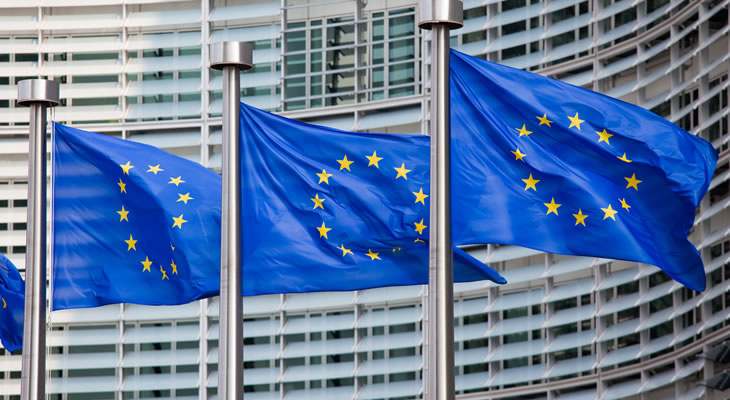GBP/EUR Exchange Rate Surges as Eurozone Economy ‘Close to Stagnation’
The Pound Euro (GBP/EUR) exchange rate is pushing higher this morning as the single currency faces pressure following the release of some disappointing Eurozone PMI figures.
At the time of writing the GBP/EUR exchange rate has risen roughly 0.3% so far this morning, propelling the pairing to a three-week high.
Euro (EUR) Exchange Rates Tumble as Eurozone PMI Figures Disappoint
The Euro (EUR) is on the defensive against the Pound (GBP) and the majority of its other peers this morning in the wake of the Eurozone’s latest PMI figures.
According to data published by IHS Markit, the Eurozone’s private sector showed only limited growth in February as its composite PMI came in at 51.4, a negligible increase on last month’s reading of 51.1.
Most worrying for EUR investors was the manufacturing index, which revealed that the Eurozone’s factory sector saw a shock contraction this month, stoking further fears that some parts of the bloc could fall into a technical recession in 2019
Chris Williamson, chief business economist at IHS Markit said:
‘The Eurozone economy remained close to stagnation in February. The flash PMI lifted only slightly higher during the month, continuing to indicate one of the weakest rates of expansion since 2014. The survey data suggest that GDP may struggle to rise by much more than 0.1% in the first quarter.
‘The weakness is being led by manufacturing, which has now entered its first downturn since mid- 2013. With factory order books deteriorating at an increased rate, the rate of contraction in the goods- producing sector will likely worsen in coming months.’
GBP/EUR Exchange Rate Forecast: Dovish ECB Minutes to Exacerbate the Euro’s Losses?
Looking ahead, the Pound Euro (GBP/EUR) exchange rate may continue to trend higher through the second half of today’s session, following the publication of the minutes from the European Central Bank’s (ECB) latest policy meeting.
The minutes are likely to drag on the Euro this afternoon if they indicate that policymakers are becoming increasingly wary over the Eurozone’s recent slowdown.
Meanwhile, barring any major Brexit developments, movement in Sterling is expected to be driven by the Confederation of British Industry’s (CBI) latest distributive trades index in the tail end of this week as economists forecast the report will show that UK retail activity contracted in February.


Comments are closed.